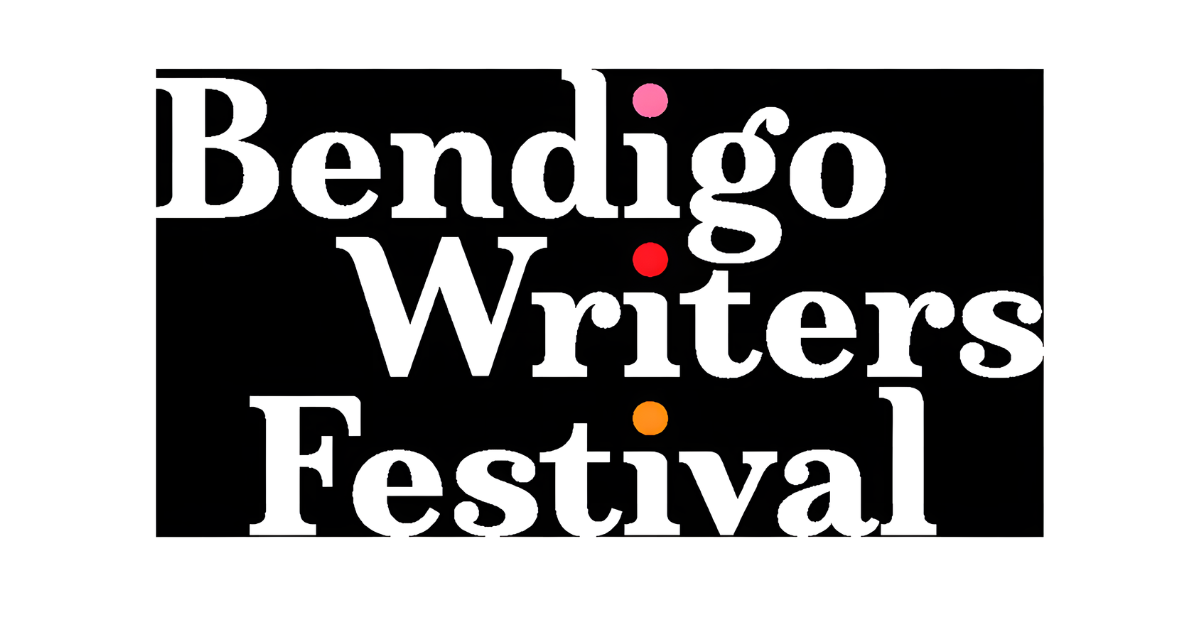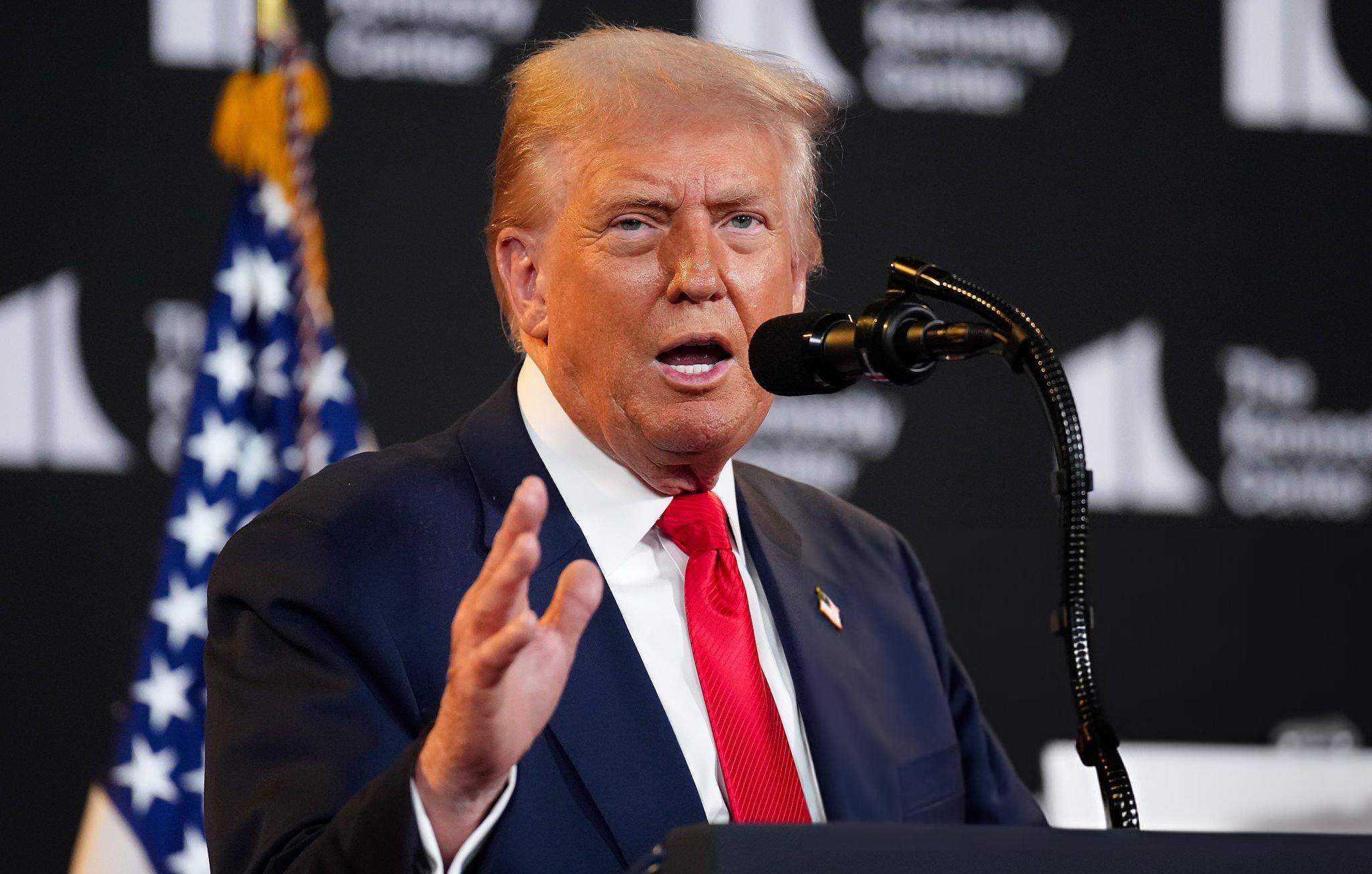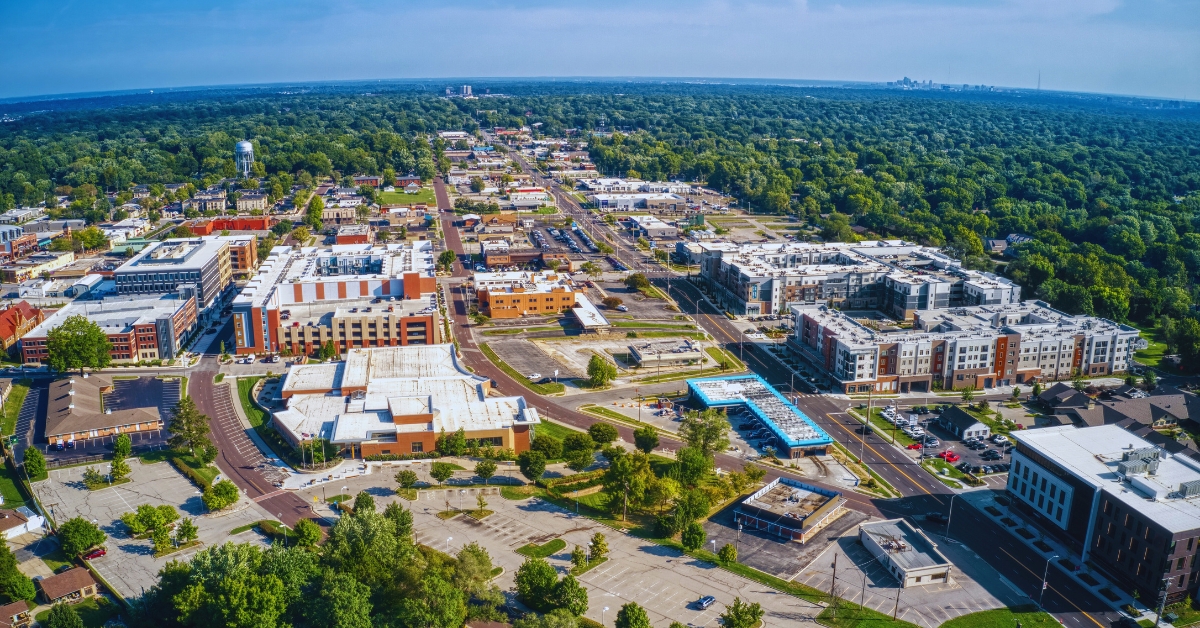A wave of withdrawals upended the Bendigo Writers Festival after a last‑minute code of conduct landed days before opening, prompting cancellations, refunds, and a scramble to rebuild the program.
A new Code of Conduct sent shortly before the festival asked participants to avoid “inflammatory” or “divisive” topics and linked some sessions to La Trobe University’s anti‑racism plan, including contested definitions of antisemitism and Islamophobia, which writers said could narrow discussion of Israel‑Palestine. Organizers said such codes are common and intended to support safety and respectful debate, yet the timing and wording alarmed many participants.
The backlash grew quickly. At least 33 writers initially pulled out, before the festival confirmed 48 withdrawals affecting 24 sessions, with 17 cancellations that required rapid program changes. Refunds for canceled sessions would be issued automatically, the festival said, while analysts pointed to the code’s late arrival as sharpening concerns about how it would be applied and who would judge what counts as “inflammatory.”
Also Read: Trump says Alaska meet with Putin has 25% chance of failing
Authors and academics including Randa Abdel‑Fattah, Jess Hill, Evelyn Araluen, Claire G. Coleman, Sonia Orchard, Kate Mildenhall, Kirstin Ferguson, Kirsty Duncanson, and Jeanine Leane withdrew, citing fears of self‑censorship and the chilling of Palestinian and allied voices.
Others who canceled said the language could constrain discussion on Gaza, trans rights, and First Nations issues, raising worries that vital conversations would be muted or funneled into safer territory.
Disruption rippled through the program. The festival confirmed dozens of withdrawals and multiple cancellations, while stressing that revised sessions would proceed where possible and that affected ticketholders would receive refunds.
Local bookshop Bookish, the official bookseller, also stepped back from its partnership despite the financial cost, showing how the dispute spread beyond panels to commercial ties. One co‑curator stepped back for personal and professional reasons as organizers worked to stabilize the lineup.
Disagreement centers on definitions and enforcement: who decides what is “inflammatory,” whether La Trobe’s policy and definitions were tied to sponsorship of certain sessions, and why the code arrived so close to opening that meaningful dialogue was limited.
Critics argue these settings chill speech on urgent political topics, especially Gaza/Palestine, and affect Palestinian, allied, and critical Jewish voices seeking to speak plainly about the war and its language.
Also Read: Western United stripped of A-League licence amid crisis and appeal
Festival leaders maintain that such codes are standard, aimed at wellbeing and respectful conversation, and that they respect participants’ decisions while keeping the program running with a revised schedule and automatic refunds where needed.
The dispute reflects a wider pattern across Australian writers’ festivals since late 2023 linked to Gaza, with leadership changes and recurring debates about free speech and balance. For Bendigo, the immediate task is practical: finding a way to host robust conversations that feel safe and fair to all sides.



